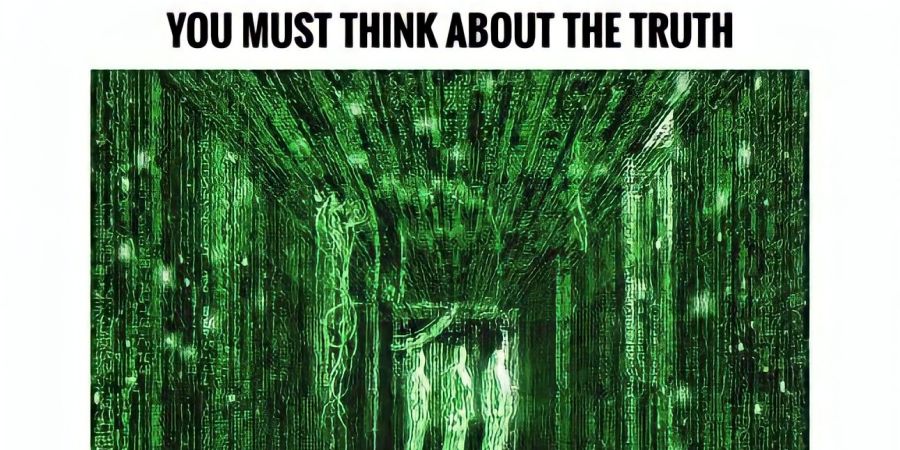

Since the philosopher Nick Bostrom suggested that the entire universe and everything in it might be a simulation in the Philosophical Quarterly, there has been a great deal of public curiosity and debate concerning the nature of reality. Elon Musk, the founder of Tesla and an active Twitter user, is one public intellectual who has expressed his opinion that it is statistically inevitable that our world will essentially consist of cascading green code. The probability that we are living in a simulation may be 50-50, according to recent articles that have built on the initial concept to further narrow the statistical boundaries of the hypothesis.Repetition of the assertions by notables such Neil deGrasse Tyson, the director of the Hayden Planetarium and America's favourite scientific popularizer, has given them some credence. Yet there have also been doubters. According to physicist Frank Wilczek, our cosmos has too much wasted complexity for it to be accurately simulated. Complexity requires effort and time to build. Why would a conscious, wise reality-maker waste so much energy on making our world more complicated than it needs to be? Although it is speculative, the answer may still be required.Space is to our universe what numbers are to any computer-generated simulation of reality. Simply put, operations on the variable space are what are happening while matter moves across space. If matter is travelling, say, at the speed of one thousand miles per second, then one thousand miles of space are being altered, or operated upon, each second. A maximum limit on the container size for space on which one operation can be performed would be a telltale sign of the hardware artefact within the simulated reality "space" if there were any hardware powering the simulation known as "space," of which matter, energy, you, me, and everything is a part. Such a restriction would show up as a maximum speed in our universe.This leads us to a fascinating conclusion regarding the character of space in our universe. If we are, as it seems, in a simulation, then space is an intangible characteristic that has been programmed. It's not true. Similar to the seven million and one in our example, it is only a different abstract representation on a memory block of the same size. There are only symbols for up, down, forward, backward, 10 miles, and millions of kilometres. The amount of the causal effect of any action on the variable "space" is represented by the speed at which anything is travelling through space (and, consequently, altering space or conducting an operation on space). Since that the universe computer processes one operation each second, this causal impact cannot go beyond around 300,000 km.The algorithms project and predict the behaviour of both the environment and the character by taking into account a number of environmental variables as well as a number of character state variables. What we see on the screen, or the visual projection, is for our benefit. In order for us to feel as though we are actually playing the game, some programme variables are projected subjectively. The audiovisual simulation of the game functions as a built-in subjective interface for our benefit, effectively acting as a simulation controller. The only purpose of the integrated subjective interface is to benefit us. Movies can be used as a thought experiment in a similar way. Movies frequently explore individuals' perspectives and attempt to future.
